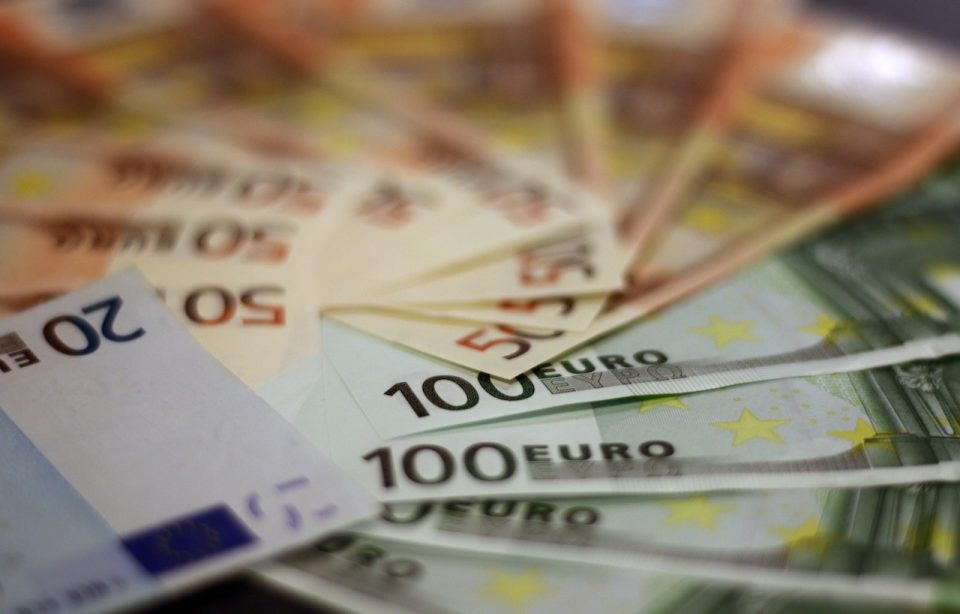In a bid to grapple with soaring inflation, the European Central Bank (ECB) has announced a 25 basis points (bps) increase in its key interest rates. This marks the tenth consecutive uptick and propels the ECB’s rates to their loftiest levels since the inception of the Euro in 1999.
The move aligns closely with analysts’ forecasts, driven by an inflationary surge that the ECB deemed too pressing to overlook. Policymakers like Peter Kazimir of Slovakia have cautioned that the Eurozone’s inflation rate will not revert to its targeted 2% without further rate escalations. However, voices of restraint, including Mario Centeno of Portugal, have sounded a warning that excessive hikes might impede the ongoing economic recovery.
These apprehensions were mirrored by Danske Bank economist Piet Haines Chistiansen, who acknowledged the necessity of the rate hike while underscoring the current ambiguity surrounding the economic state of the 27-country European Union (EU). Growth projections were revised down to 0.8%, a step back from the anticipated 1% for the year 2023. Meanwhile, inflation in the Eurozone is anticipated to hover between 5.6% and 6.5% for the EU as a whole.
ECB president Christine Lagarde is scheduled to address the media at 1:45pm to elaborate on the rationale behind the rate increase. This communication from Lagarde is eagerly awaited, as it may sway analysts’ assessments and potentially foreshadow future steps the ECB might take.
The decision of ECB to elevate key interest rates presents a double-edged sword scenario. While grappling with surging inflation is imperative, the risk of successive rate hikes potentially stifling the EU economy, which is already grappling with challenges, remains palpable. The aftermath of Lagarde’s forthcoming statements will likely be scrutinized closely, and observers will keenly observe the ECB’s subsequent actions in response to the evolving economic landscape.
Source: Yahoo Finance

